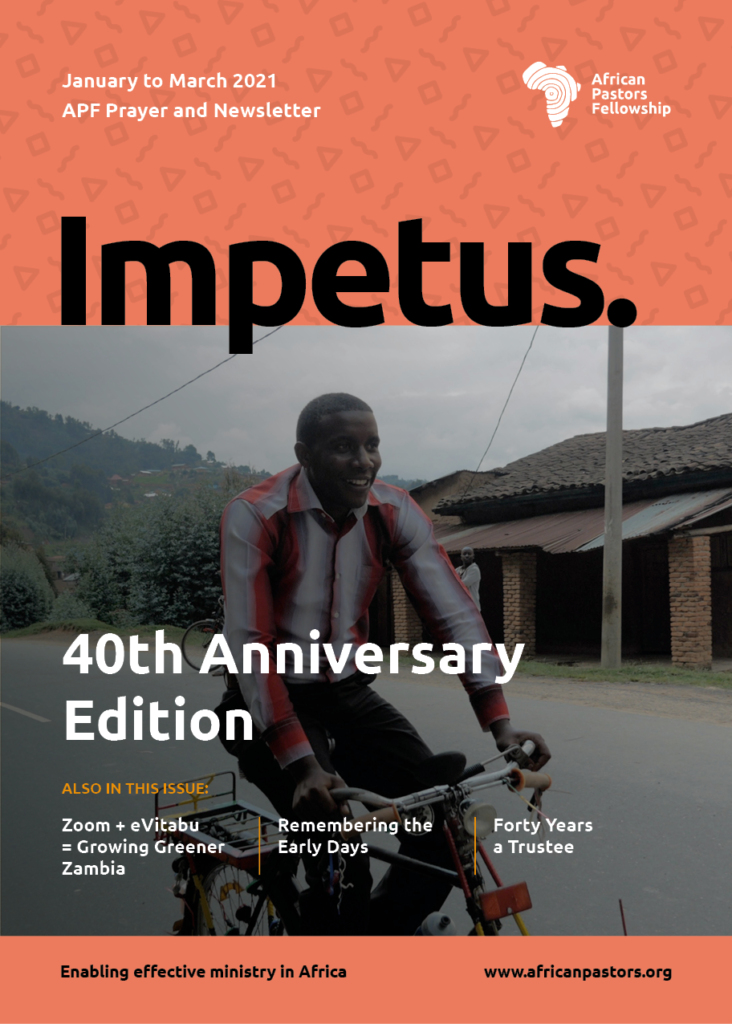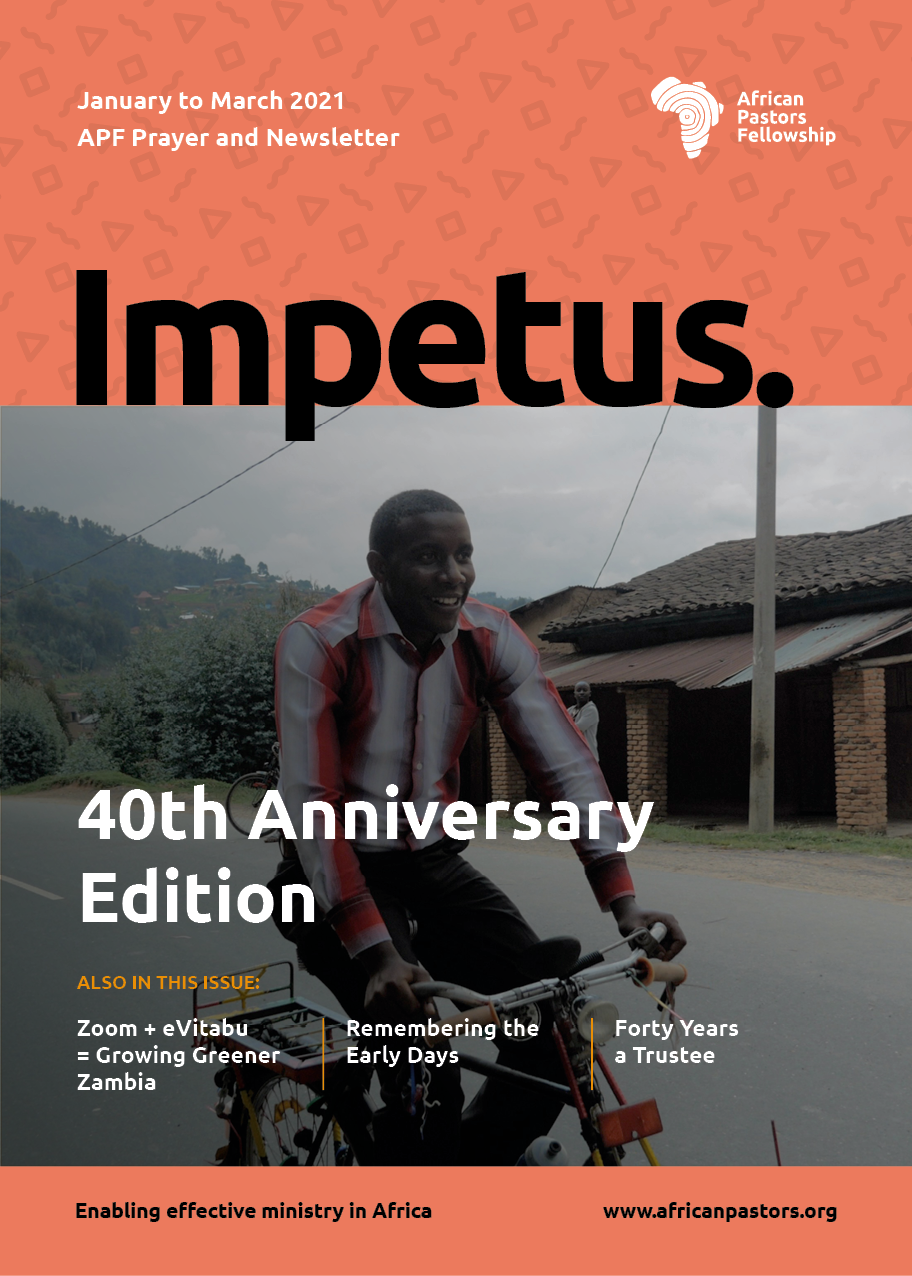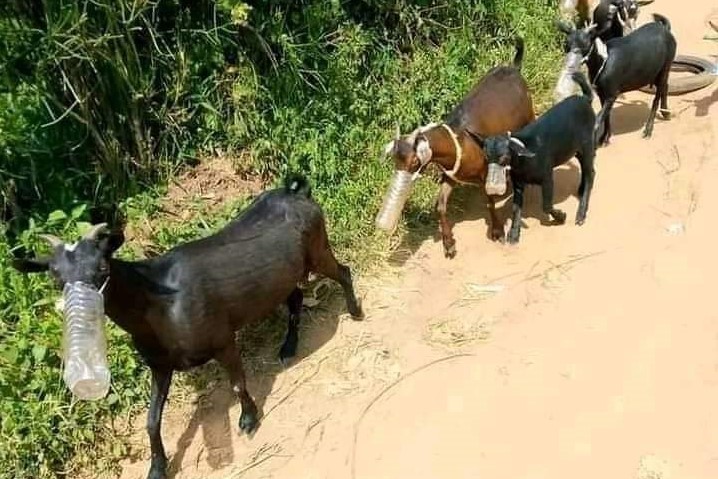
The Covid-19 vaccine drive is well underway in Africa but a third wave threatens. At the time of writing, eight countries have seen abrupt rises in case numbers and the World Health Organisation reports of dwindling vaccine supplies.

Supply crunch
African countries relying on vaccines from the UN-backed Covax programme and the Serum Institute of India are in danger of being left behind as vaccines made in India are diverted for domestic use. Problems getting hold of enough vaccine doses means many African countries are struggling to protect their most vulnerable populations. The Guardian recently reported that about 50 million doses had been received in Africa, of which 31 million doses had been administered across 50 countries. That does not sound too bad until you realise the combined population of those countries is more than a billion. Uganda received only a third of the vaccines expected from Covax despite recording a 131% week-on-week rise in early June. Such shortages are almost universal. Tanzania, Burundi, Chad and Eritrea are yet to start any vaccinations.
Under-reporting
Adding to this is an acknowledgment that case numbers are drastically under-reported across the continent. Unless testing is improved, fears are growing that Africa could suffer similarly to India, or perhaps even worse. India’s healthcare system is considered more robust than those in sub-Saharan Africa.
Slow rollout
Even when vaccines are available, getting them to priority groups is frequently disrupted by funding shortfalls, too few healthcare professionals and vaccine hesitancy from misinformation spread on social media. Reaching people in remote regions or areas of political instability was never going to be easy or quick.
Insufficient funds
Most African countries had funding to cover the cost of the first batch of vaccines but funding shortfalls are a growing problem. As the number of people needing to be reached rises and areas to be covered are located further away from major cities, costs are rising.
Vaccine hesitancy
Myths and misinformation have spread fast on social media globally and Africa is no exception. Misleading claims on social media have led to vaccine hesitancy and mistrust of the vaccination programme.
Disruptions to essential health services
The pandemic has seriously disrupted essential health and immunisation services across Africa. Professionals involved in immunisation programmes for diseases such as measles have been reallocated to deal with Covid-19 risking new outbreaks. Fear of contracting the virus at a local clinic or hospital has led to lower numbers of patients seeking care for other conditions.
Economic impacts
Analysis by the US Pew Research Center found that the recession caused by Covid has pushed 131 million people into poverty across the world. Sub-Saharan Africa and south Asia accounted for most of the increase, reversing years of progress.
About 494 million people in sub-Saharan Africa, out of a total population of 1.14 billion, were expected to be living in poverty before the pandemic in 2020. That total has risen by 40 million, the Pew analysis estimated. While analysts predict an economic recovery after the pandemic, years of economic growth have been undone, disproportionately affecting the poorest.
What the World Health Organisation say
“WHO has been at the centre of the vaccine rollout in Africa, and has supported African countries since the beginning of pandemic,” says Dr Richard Mihigo, WHO Africa’s Immunization and Vaccines Development Programme Coordinator. “We are working to coordinate all efforts, giving policy and technical guidance and tailored support to African countries.”

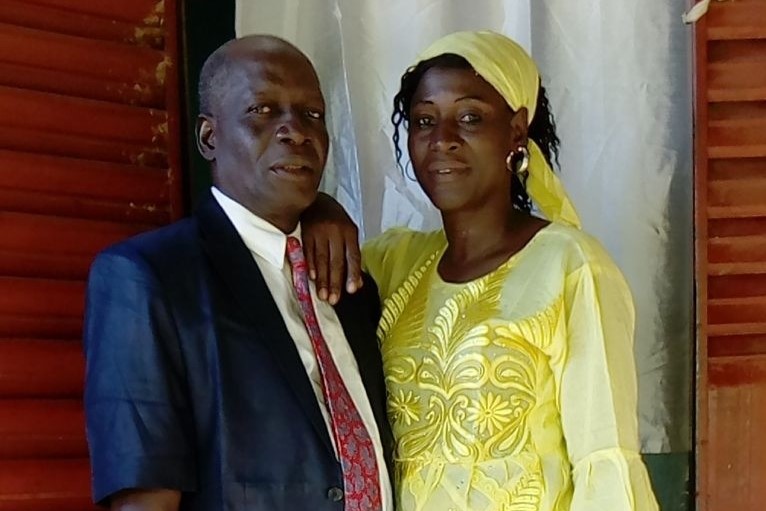
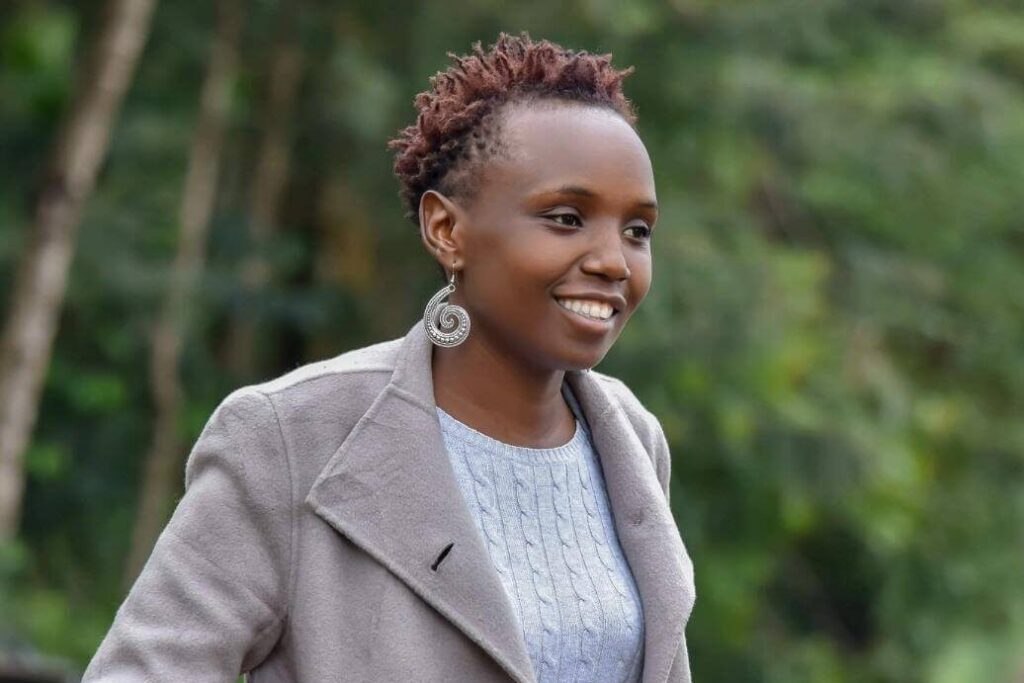
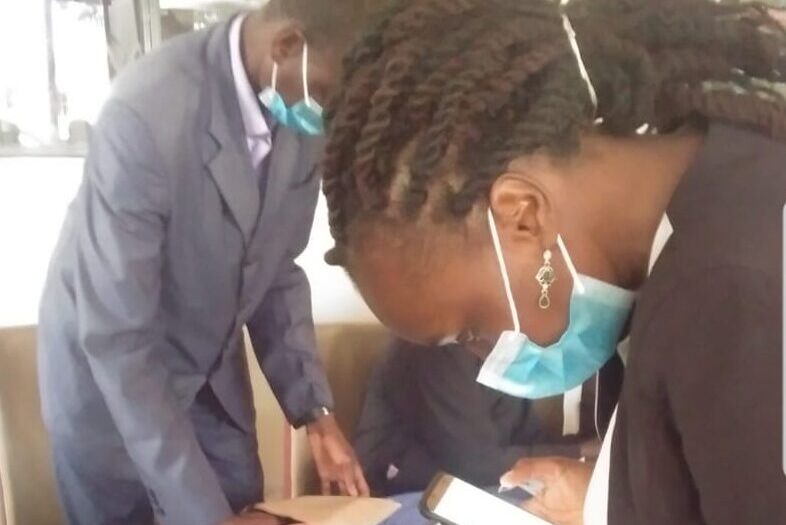
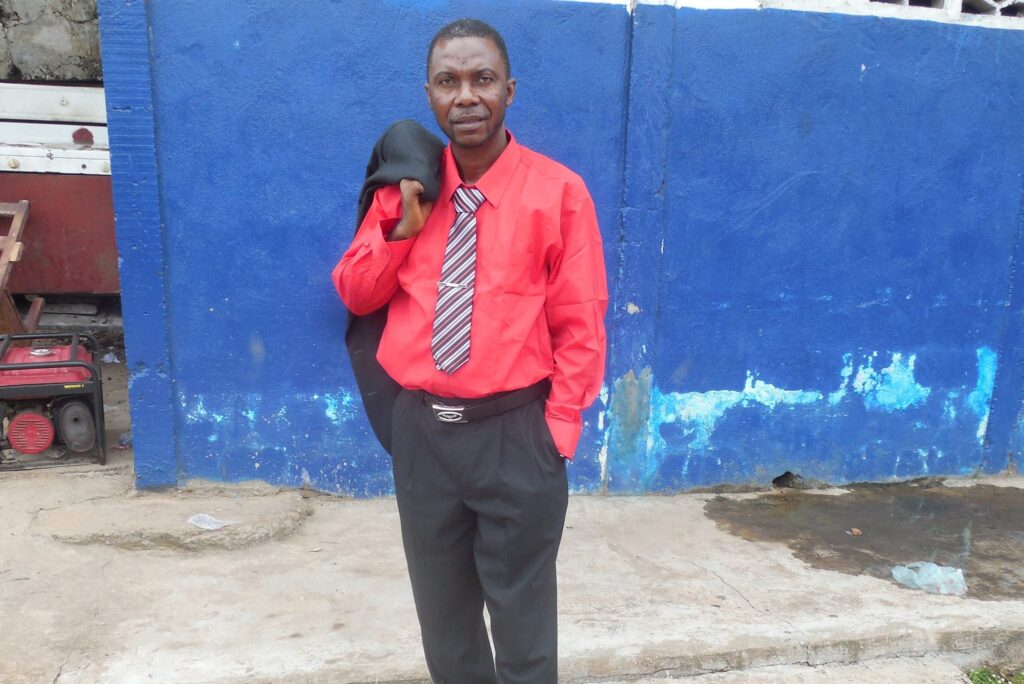
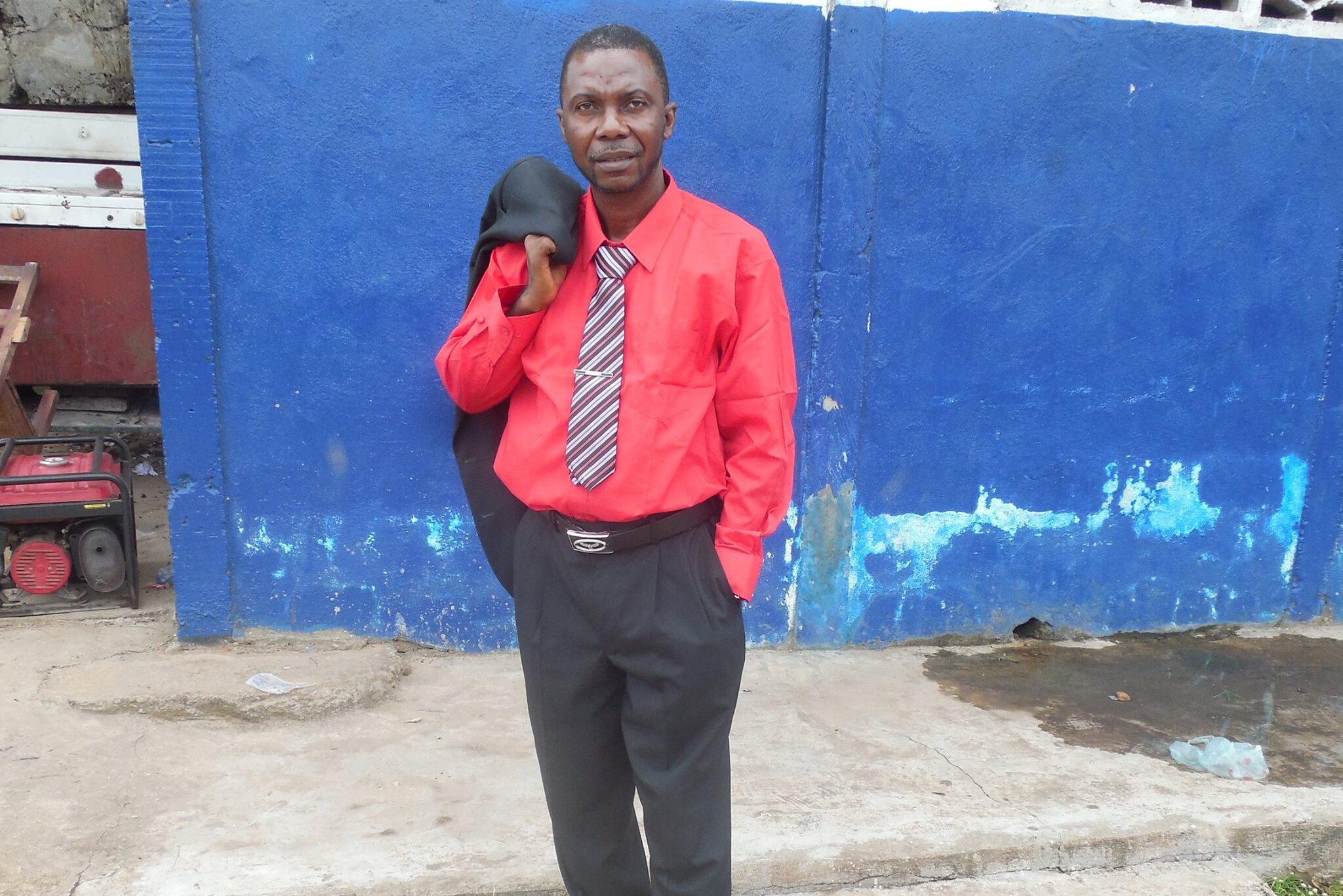
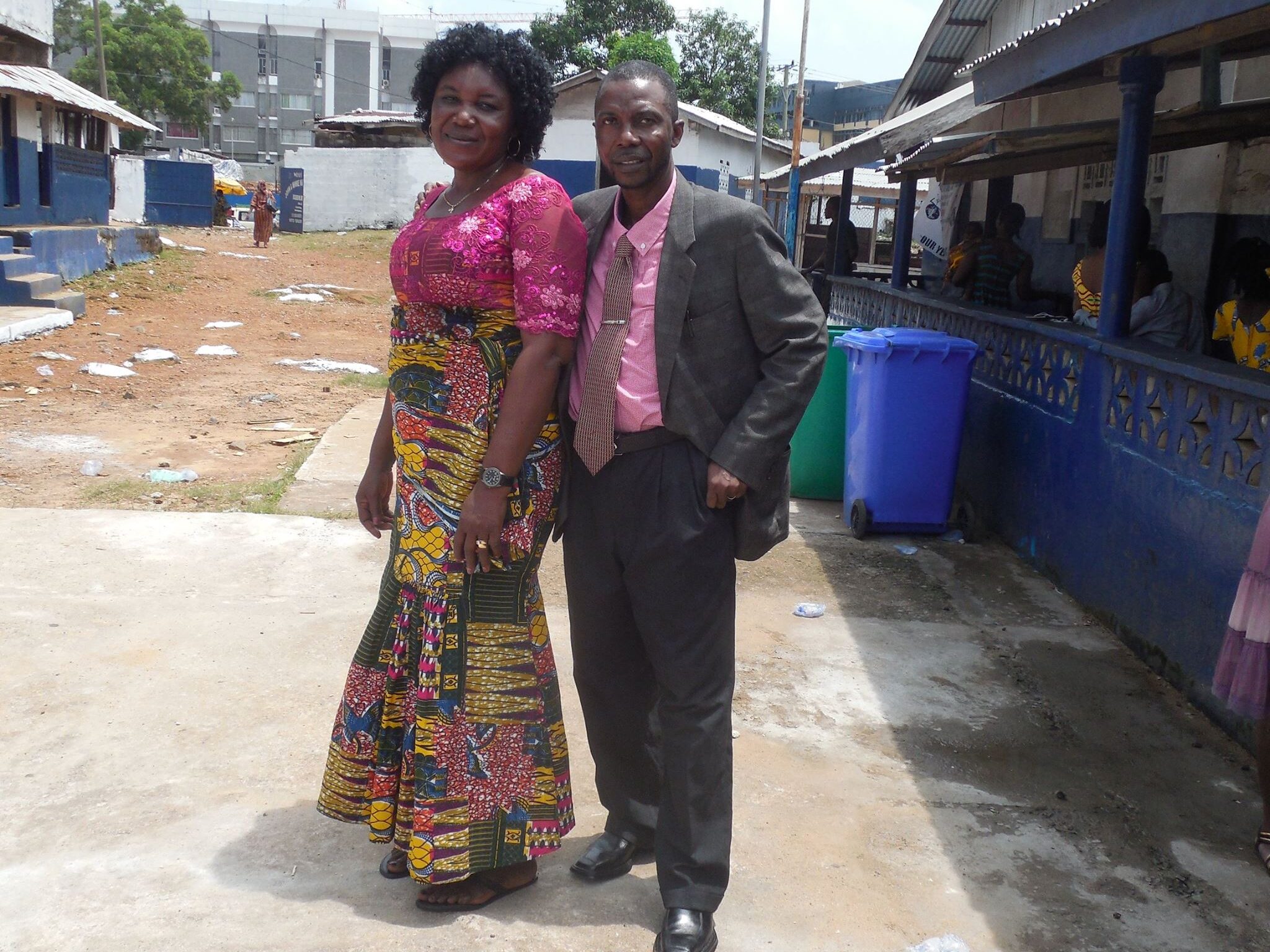
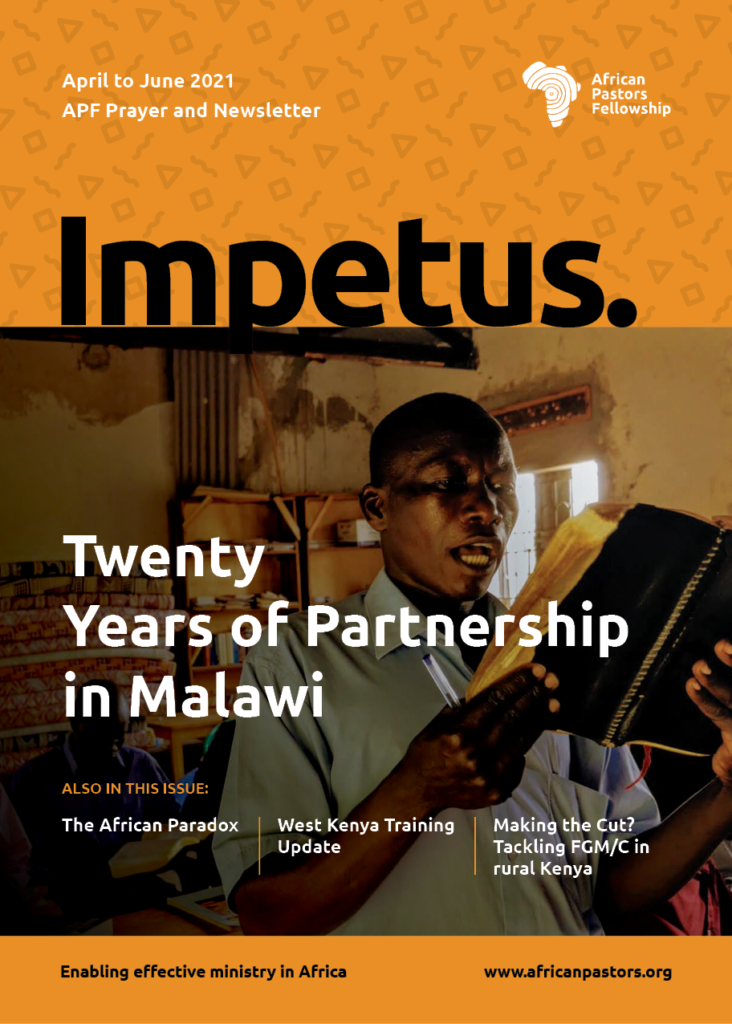
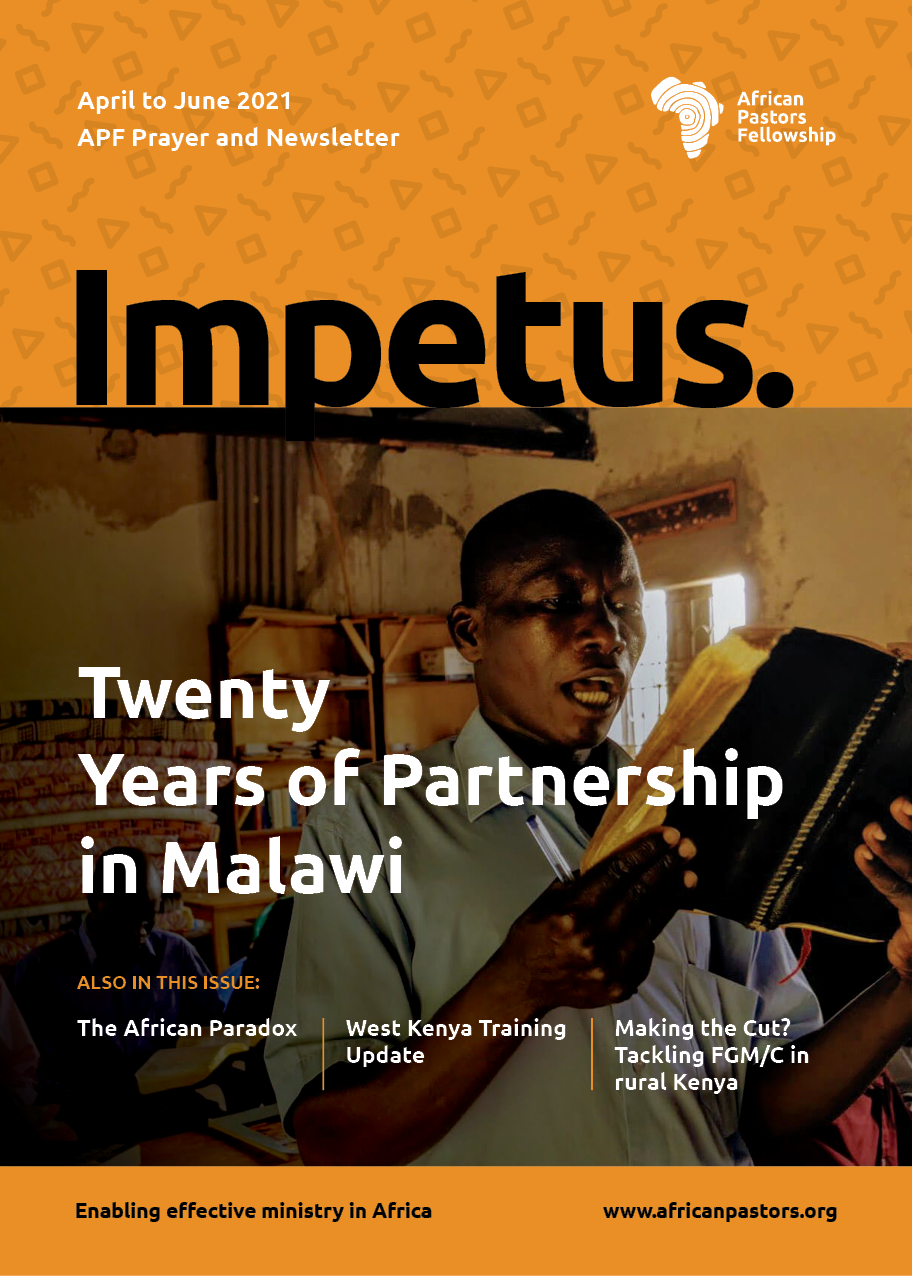

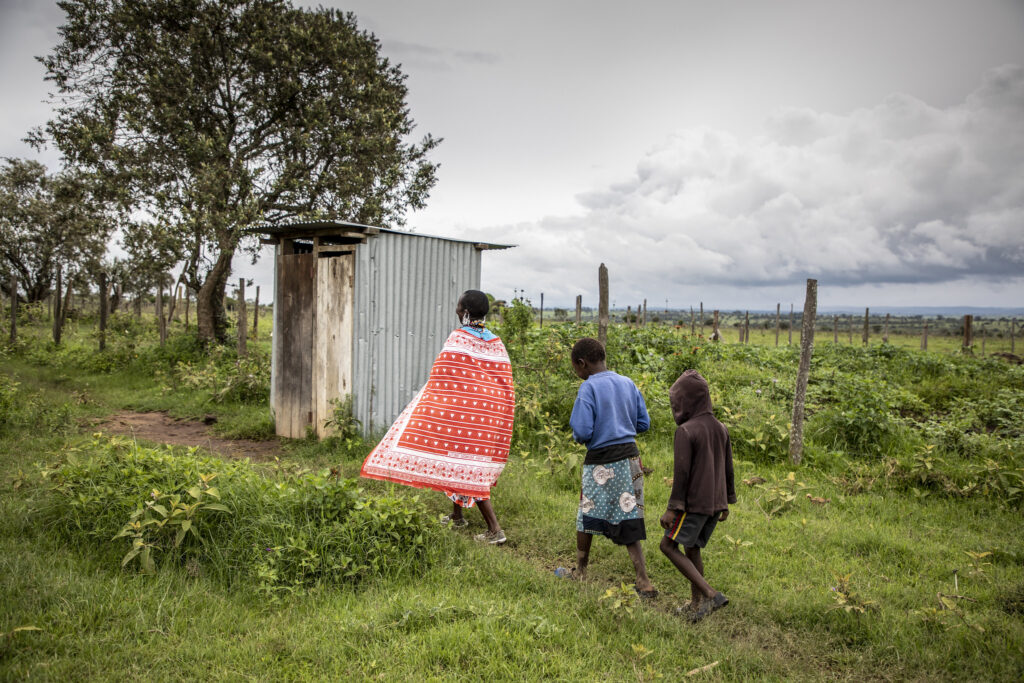
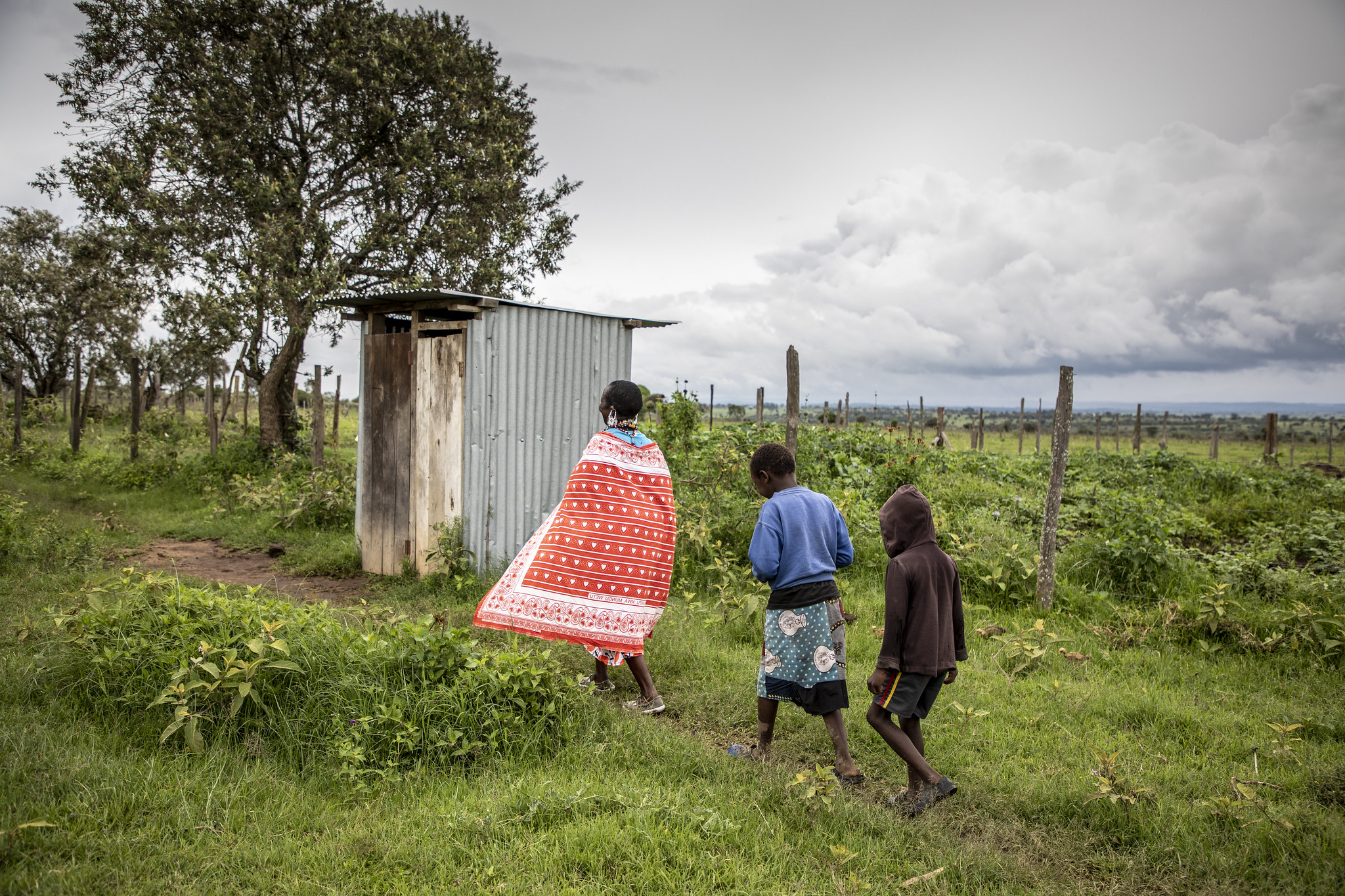
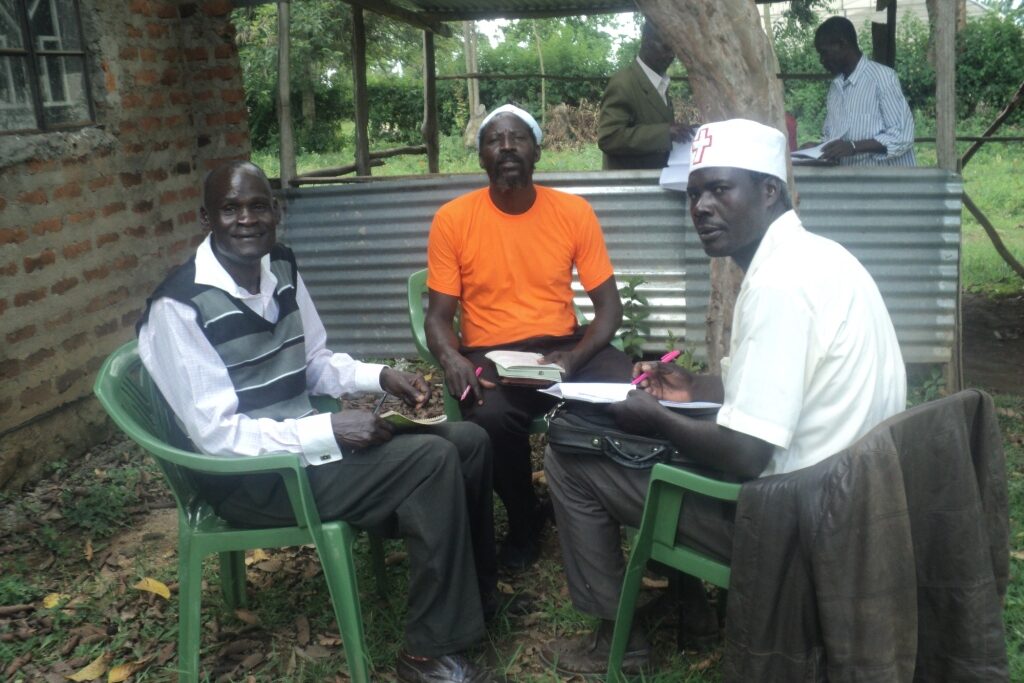
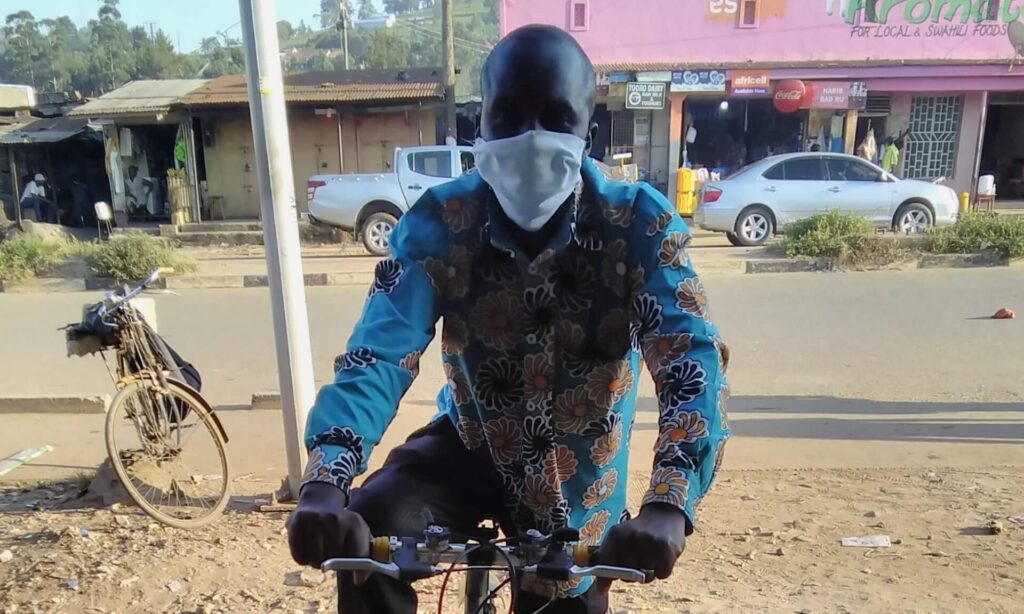
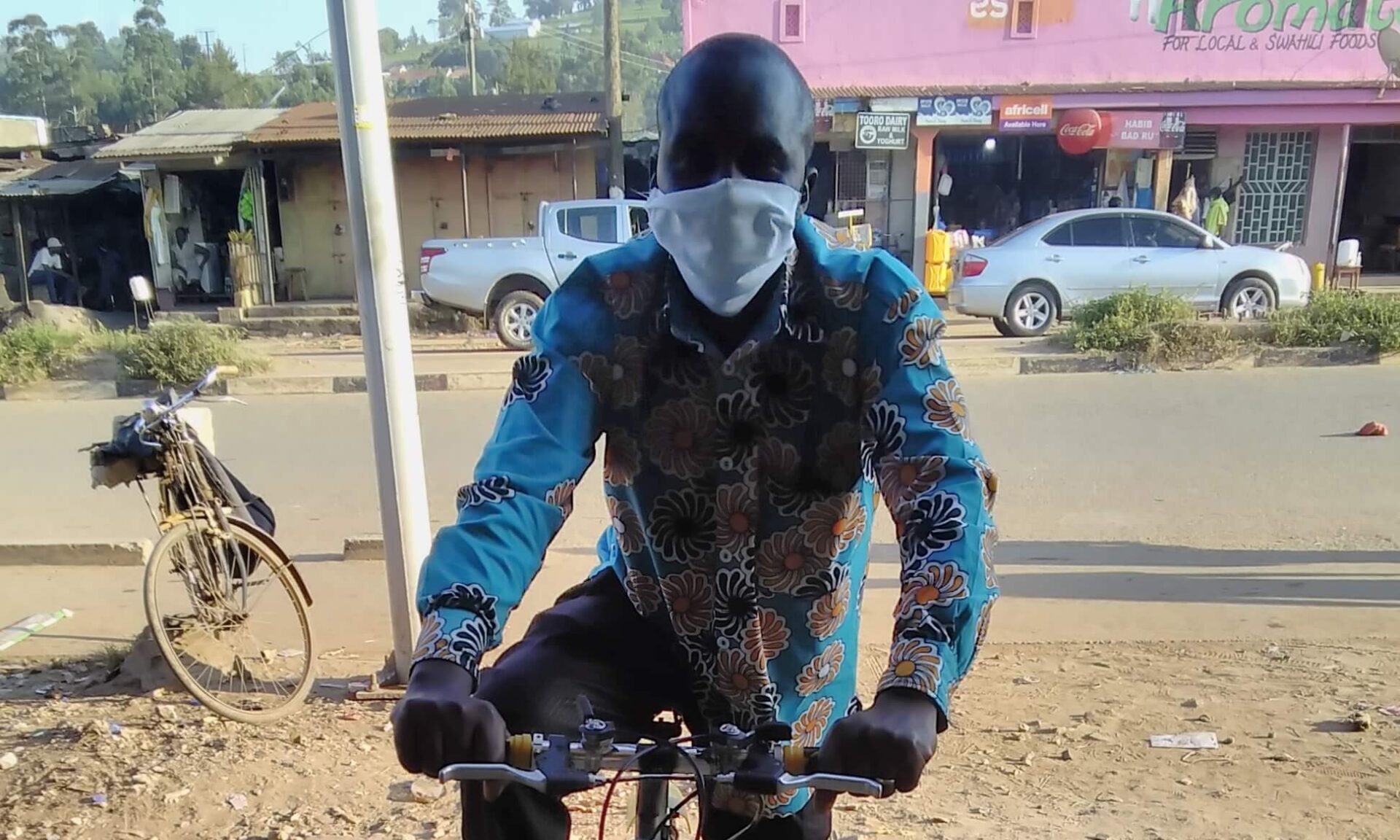
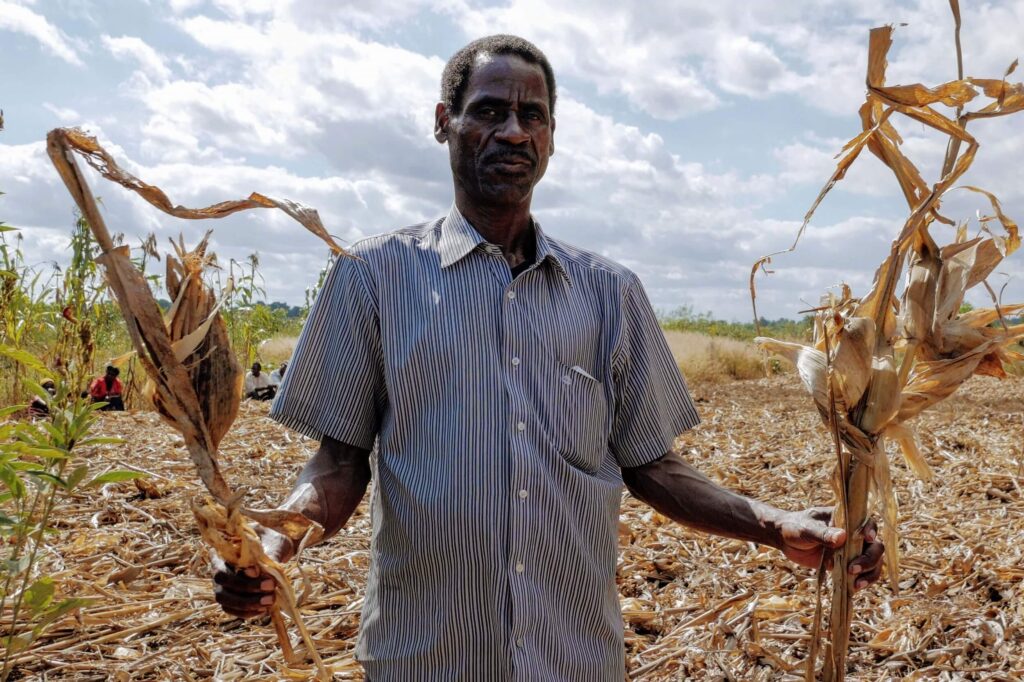
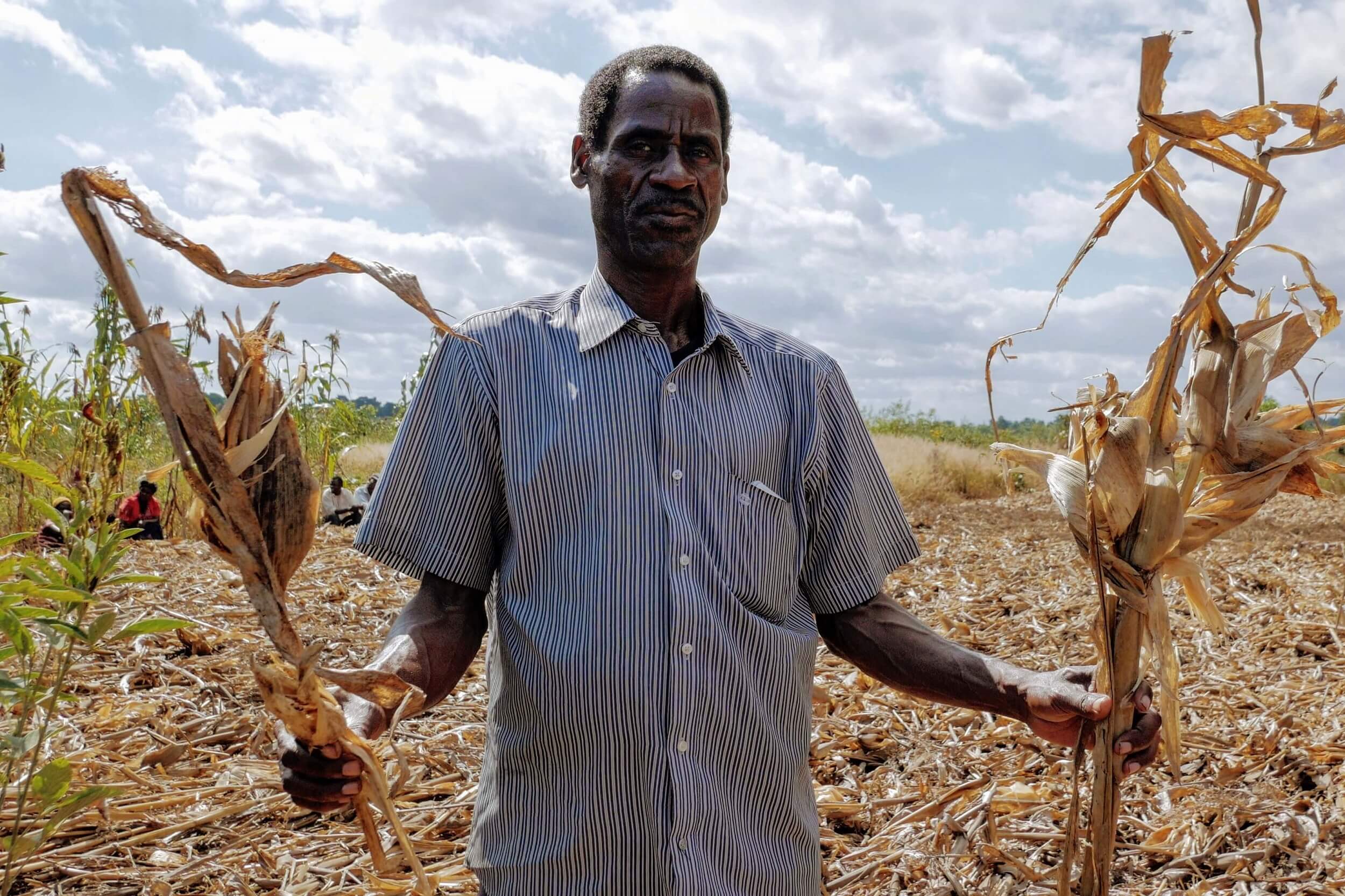
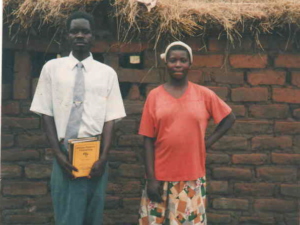 Lloyd with a pastor’s wife at an APF training event in the early 2000s.
Lloyd with a pastor’s wife at an APF training event in the early 2000s.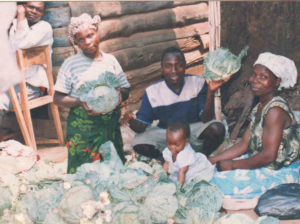 Household income generation schemes
Household income generation schemes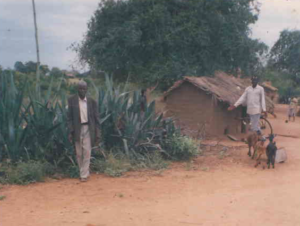 Milk, meat and young. Rural households
Milk, meat and young. Rural households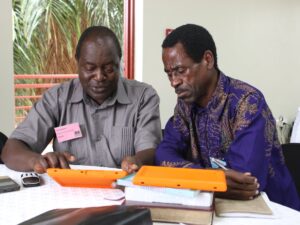 Revd Paul Kylimpa (l) from Uganda and Lloyd (r) checking out some of the farming resources on eVitabu during the app’s launch event held in Kampala during 2018.
Revd Paul Kylimpa (l) from Uganda and Lloyd (r) checking out some of the farming resources on eVitabu during the app’s launch event held in Kampala during 2018.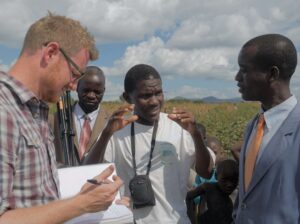 Geoff Holder speaking with farmers participating in Growing Greener, 2017.
Geoff Holder speaking with farmers participating in Growing Greener, 2017.